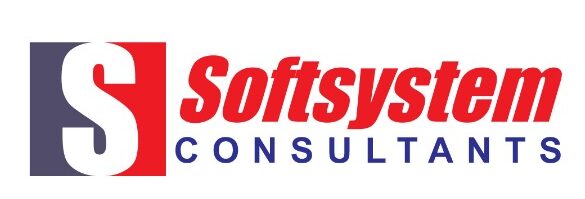The Role of Delivery in Workforce Training: From Workshops to Feedback

Introduction:
Even the best training content and solutions are ineffective without proper delivery methods. How training is delivered determines engagement, knowledge retention, and real-world application. This post explores the importance of workshops, candidate evaluation, and feedback in ensuring training success.
The Impact of Interactive Workshops on Employee Engagement
Traditional lecture-style training is becoming outdated. Instead, organizations are shifting toward interactive workshops that promote:
-
Active participation: Employees engage in discussions and group activities.
-
Hands-on learning: Case studies and simulations provide practical insights.
-
Collaboration: Employees share experiences and learn from each other.
How to Effectively Evaluate Candidates After Training
Assessment is crucial in determining whether training programs are successful. Organizations can use:
-
Quizzes and exams to test knowledge retention.
-
Role-playing exercises to simulate real-world scenarios.
-
Performance tracking to measure improvement in key areas.
Gathering & Utilizing Feedback to Improve Future Training
Feedback is essential in refining training methods. Companies should:
-
Conduct post-training surveys to measure employee satisfaction.
-
Use trainer evaluations to assess course effectiveness.
-
Implement continuous improvement strategies based on feedback.
The Link Between Training and Organizational Growth
Well-delivered training has a direct impact on business success by:
-
Enhancing employee productivity.
-
Increasing job satisfaction and retention.
-
Improving customer service and business outcomes.
Conclusion:
The way training is delivered makes all the difference. By adopting interactive workshops, evaluating candidate progress, and leveraging feedback, organizations can create high-impact training programs that drive measurable results.
